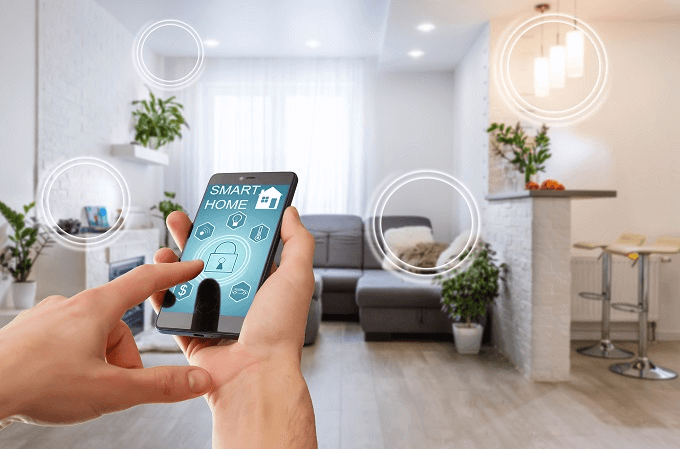In today's technology-driven world, smart homes are a growing trend. They offer convenience and efficiency, but also present a new set of challenges in terms of security. As homeowners and businesses increasingly adopt smart devices, preventing hacking in smart homes becomes a critical concern. Understanding the potential risks and implementing effective strategies is essential to safeguard your digital domain from cyber threats.

Understanding the Risks of Smart Home Technology
Smart homes rely on interconnected devices that communicate over the internet. While convenient, this connectivity exposes your home to potential cyber-attacks. Hackers can exploit vulnerabilities to gain unauthorized access to your network, steal personal information, or even control your devices remotely.
The primary keyword, preventing hacking in smart homes, is central to protecting your privacy and ensuring the safe use of smart technology. With a comprehensive approach, you can minimize the risks associated with smart devices.
Implementing Strong Network Security
Your home's Wi-Fi network is the gateway to all connected devices. Securing this entry point is crucial in preventing hacking in smart homes. Start by changing the default login credentials for your router. Using unique, complex passwords can deter unauthorized access.
Additionally, enable WPA3 encryption on your router if available. This is the latest and most secure protocol for wireless networks. Regularly update your router's firmware to patch any security vulnerabilities. For more detailed steps, check out this Wi-Fi security guide.
Securing Smart Devices
Each smart device in your home is a potential entry point for hackers. To enhance security, change default passwords and use strong, unique passwords for each device. Consider using a password manager to keep track of these credentials.
Regularly update the firmware of your smart devices. Manufacturers often release updates to fix security flaws. Enable automatic updates if the option is available to ensure you're always protected against new threats.
It's also wise to disable any unnecessary features that may expose your devices to cyber risks. For instance, if a device has a microphone or camera function that you don't use, turn it off.
Using Virtual Private Networks (VPNs)
A Virtual Private Network (VPN) encrypts your internet connection, making it more difficult for hackers to intercept your data. By using a VPN, you add an extra layer of security to your smart home network. This is particularly useful if you frequently access your smart devices remotely.
When choosing a VPN, look for one with a strong reputation for privacy and security. Many VPN providers offer user-friendly apps that make it easy to secure your network.
Monitoring and Awareness
Regularly monitor your smart home network for unusual activity. Many routers offer features that allow you to view connected devices and their usage. Be alert to any unfamiliar devices or activities on your network.
Educate yourself and your family about the importance of cybersecurity. Awareness is key in preventing hacking in smart homes. Stay informed about the latest threats and best practices to keep your smart home secure.
Additional Resources
For those looking to dive deeper into smart home security, consider exploring resources like this smart home guide for more insights into safe technology usage.
Furthermore, check this safety checklist to ensure your smart home is protected against cyber threats.

Conclusion
As smart homes become more prevalent, the importance of preventing hacking in smart homes cannot be overstated. By implementing strong network security, securing your devices, using VPNs, and staying informed, you can significantly reduce the risk of cyber-attacks.
Remember, the security of your smart home is an ongoing process. Regularly assess your security measures and update them as necessary to keep pace with evolving threats.
FAQ
Q1: What is the first step in securing my smart home?
A: Start by securing your Wi-Fi network with a strong password and WPA3 encryption, if available.
Q2: How can I keep my smart devices secure?
A: Regularly update your devices' firmware, use strong passwords, and disable unnecessary features.
Q3: Is using a VPN necessary for smart home security?
A: While not mandatory, a VPN adds an extra layer of encryption and can enhance the security of your smart home network.

